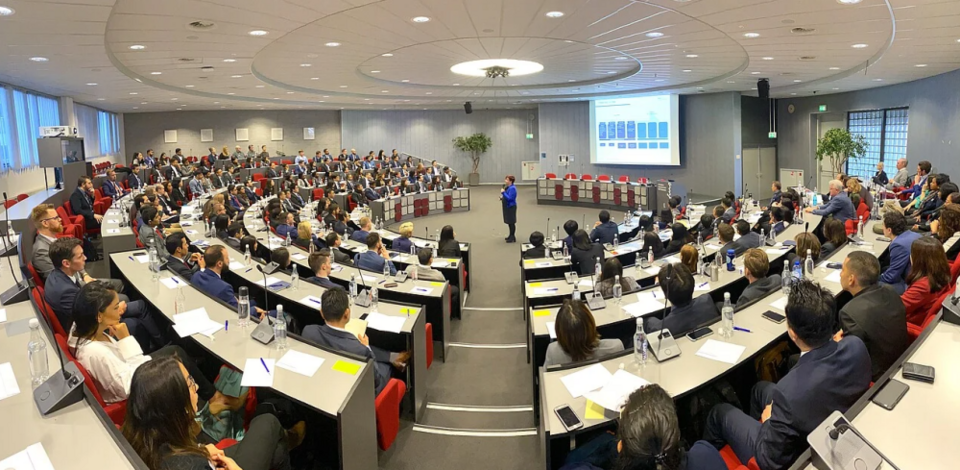-
Date
Monday, 13 January 2025
-
Time
09:00 - 17:30 (GMT +01:00)
-
Location
Erasmus Pavilion / Bayle Building, Erasmus University
Places are limited: Secure your ticket now
The Netherlands is witnessing the rise of an emerging impact economy, driving transformative transitions across various sectors. This conference will serve as a platform to explore these pivotal market shifts, aligning them with the 5 Forward Faster themes identified by the UN Global Compact as key areas where the private sector can collectively achieve the biggest and fastest impact by 2030.
We take up the momentum generated by the RSM Mind the Gap Conference in June of 2024. This conference marks the beginning of the academic year for RSM’s new cohort of MBA candidates.
Join us as we delve into actionable strategies and collaborative solutions to accelerate sustainable change. Through insightful discussions, expert panels, and interactive sessions, we will examine how businesses, innovators, and leaders can navigate and contribute to the evolving impact economy while advancing progress on the UN Sustainable Development Goals.
Let’s move forward—faster—together!
Emerging impact economy
Business leaders are adjusting their business models and creating an emerging impact economy in the Netherlands. This route – when businesses can influence the progress towards the UN SDG goals – presents new opportunities for aspiring business leaders whose ambitions coincide with that trajectory.
This conference first explores how businesses in the Netherlands are transforming to address 21st-century challenges with a keynote speaker, panel discussion, and transition-focused breakout groups. Then it takes an in-depth look at five major areas of impact where business could be expected to make a significant contribution by 2030.
The conference will connect prominent Dutch business organisations with RSM students, alumni, and faculty and give opportunities for learning and inspiration. It will build on momentum generated at the RSM Mind the Gap Conference in June 2024 when professionals across industries and sectors offered their perspectives – and provided renewed hope and motivation – for identifying and closing the gaps between intention and realisation of the SDGs, and discussing the role of business schools for these positive changes.
